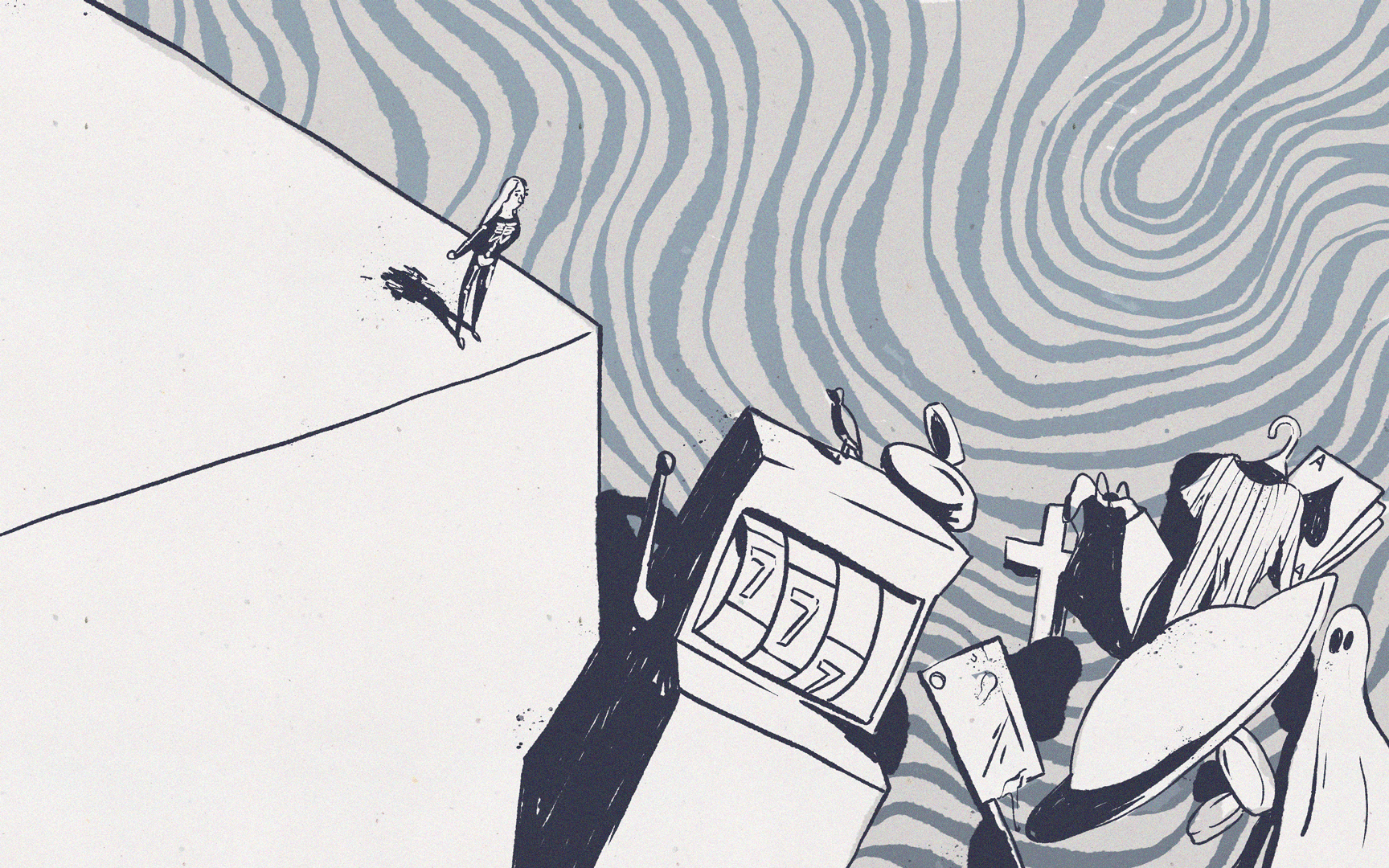On Phoebe Bridgers’ sophomore album, she predicts her version of the end of the world and the dissociation of self that comes with it
Some of 2020’s best albums have eerily reflected just how dark and miserable the year has been so far. Some, like Taylor Swift’s Folklore, sound desolate by design, as the pop singer crafted her latest full-length project during her time in isolation. Others, like Oddisee’s ODD CURE, are the result of a massive studio session crammed into just a few weeks. Then, there’s Phoebe Bridgers’ devastating sophomore record, Punisher.
Punisher is the type of album you put on either after lighting a joint at the end of a long day or while driving late at night. It’s the type of album that carries a lot of weight throughout the bulk of its 11-track run. The themes Bridgers sings about aren’t uncommon. Depression, dissociation, and anxiety drive the album, but the Los Angeles-born singer also tackles the reality and seriousness of imposter syndrome.
In short, imposter syndrome is a psychological pattern in which the person who has it will constantly feel like they don’t deserve to be in the position they are; they believe they’re going to be exposed as a fraud. In a press release following the announcement of Punisher in April, she explained that the song “Kyoto” was about imposter syndrome and “about being in Japan for the first time, somewhere I’ve always wanted to go, and playing my music to people who want to hear it, feeling like I’m living someone else’s life.”
Bridgers’ desire to dissociate becomes even more apparent on “Halloween,” where she sings “Baby, it’s Halloween / And we can be anything” on the chorus. Though this song is about a couple hiding their issues by dressing up as different people, it only enforces her continued longing to be someone else.
These moments of dissociation culminate in the closing track “I Know the End,” a sombre and creepily foreboding track about Bridgers’ prediction that the end of the world is approaching. In the third verse, she begins to list the things she sees while “driving into the sun” as the apocalypse begins to set in. Much of what’s on her list can be associated with modern conspiracy theories like a UFO sighting, the fear of God, and of course, subtle shade thrown at Donald Trump’s United States of America.
Clearly, like the rest of us, Bridgers isn’t optimistic about the rest of 2020. With a potentially game-changing election looming at the beginning of November, she knows that the future of her current home is in peril. While being pessimistic about the remainder of the year doesn’t take rocket science to understand, Bridgers’ helplessness is intrinsically linked to her own experience with imposter syndrome.
Bridgers certainly isn’t the first artist to sing about these topics on an album, but the timing of Punisher’s release date paired with the introspective songs and macabre predictions of the near-future makes this album a definitive reflection of what is probably the worst year in a long time.
In the span of eight months, nearly a million people have died from COVID-19, we lost Kobe Bryant, riots are breaking out over blatant and systemic racism, and a revolution seems to be on the horizon in the U.S. — among countless other tragedies that would take far too long to list. It’s certainly easy to feel the same helplessness that Bridgers does.
But what can we do?
We do our best to educate ourselves and others. We make lists of resources that we can use to make life a little easier for everyone. But we can only do so much before we need help to change things. Yes, we can vote, yes we can vocalize the criticisms of our society with little to no negative consequences. But, still, it doesn’t feel like enough.
And yet, Punisher feels like one of the only albums that encapsulate the helplessness of 2020 in a brief 40-minute run. On “I Know the End,” Bridgers doesn’t seem to have any answers to her troubles, though she sings without any sign of anxiety. In fact, she sounds at peace. Maybe she’s onto something. Maybe she’s just completely dissociated. Maybe we’ve all gone mad. All we can do is ride it out and hope for the best.
Graphic by Taylor Reddam
